- No. 2 Street 623D, Phuoc Long B Ward, Thu Duc City, HCMC, Vietnam
- Admin@CTCinternimex.com
Coconut Shell Shisha Charcoal Production: Process & Quality Standards
Coconut shell shisha charcoal is rapidly gaining popularity in the international market thanks to its superior advantages over traditional wood charcoal. Not only eco-friendly, this type of charcoal also delivers a smooth, low-smoke shisha experience with excellent heat retention. So, how is high-quality coconut shell shisha charcoal produced, and what are the crucial standards to look out for?
I. What is Coconut Shell Shisha Charcoal? Why is it So Popular?
- Coconut shell shisha charcoal is a product made from 100% dried coconut shells, undergoing carbonization and compression into specific shapes like cubes, flats, or cylinders. It's a sustainable and efficient choice for shisha users because:
- Eco-friendly & Sustainable: Utilizes agricultural waste, reducing landfill burden and preventing deforestation.
- Low Ash, Low Smoke: Burns cleanly, producing minimal ash (less than 3%) and no unpleasant black smoke.
- Odorless & Tasteless: Preserves the true flavor of your shisha, without any charcoal aftertaste.
- High Heat, Long Burn Time: Maintains a stable temperature for extended periods, optimizing the smoking experience.
- Healthier Choice: Free from harmful chemicals, sulfur, making it a safer option for consumers.
II. High-Quality Coconut Shell Shisha Charcoal Production Process
To create premium coconut charcoal for shisha that meets export standards, the production process must strictly adhere to the following steps:
1. Raw Material Collection and Treatment
Coconut Shell Collection: Dried coconut shells are sourced from coconut processing factories or large coconut-growing regions.
Cleaning: Shells are thoroughly cleaned to remove coir fibers, dust, and other impurities, ensuring raw material purity.
2. Carbonization Process
This is the most critical step, transforming coconut shells into charcoal. Coconut shells are loaded into specialized kilns in an anaerobic (oxygen-deficient) environment at very high temperatures (typically 800 - 1000°C). This process removes water, resins, and volatile organic compounds, leaving behind almost pure carbon. The resulting charcoal is known as coconut shell charcoal lump or raw charcoal.
3. Crushing and Sieving
Crushing: The raw coconut shell charcoal is fed into a grinding machine to create fine charcoal powder. The particle size of the powder directly impacts the compression quality and burning characteristics of the final product.
Sieving: The charcoal powder is meticulously sieved to remove oversized or undersized particles, ensuring consistent particle size.
4. Binder Mixing
A small amount of natural binder (often tapioca starch or corn starch) is mixed with the charcoal powder. This binder must be odorless, tasteless, and burn cleanly to avoid affecting the charcoal's quality. The mixing ratio needs to be precisely controlled.
5. Briquetting and Shaping
The charcoal powder and binder mixture is fed into a high-pressure hydraulic press to compress it into charcoal blocks of desired shapes and sizes (commonly 2.5x2.5x2.5cm, 2.2x2.2x2.2cm cubes, or round cylinders). The pressing pressure must be sufficient to create sturdy charcoal that won't crumble easily.
6. Drying
After briquetting, the charcoal still retains some moisture. It's then transferred to industrial dryers to completely remove water, achieving ideal moisture content (typically below 5%). The drying process makes the charcoal harder, burn better, and extends its shelf life.
7. Packaging and Quality Control
- Final Inspection: The finished charcoal is re-inspected for size, hardness, color, and other specified standards.
- Packaging: The charcoal is carefully packed into specialized, moisture-resistant packaging, complete with detailed product and manufacturer information labels.
III. Quality Standards for Export-Grade Coconut Shisha Charcoal
For premium coconut shisha coals to compete in the international market, manufacturers must adhere to stringent quality standards:
- Fixed Carbon Content: Minimum 75% - 80% (ideally > 78%). Higher carbon content indicates longer burn time and better heat output.
- Ash Content: Maximum 3% (ideally < 2.5%). Low ash content ensures a cleaner smoking experience and prevents clogging of vents.
- Volatile Matter Content: Maximum 15% (ideally < 12%). Low volatile matter means less smoke and no odor during combustion.
- Moisture Content: Maximum 6% (ideally < 5%). Low moisture content ensures easy ignition and even burning.
- Burning Time: Minimum 90 - 120 minutes per briquette.
- Calorific Value: High, typically 7000 - 7500 Kcal/kg.
- Mechanical Strength: The charcoal must be hard enough not to crumble easily during transport and use.
- Purity: Free from heavy metals, harmful chemicals, sulfur, or any foreign odors.
- Consistent Size: Charcoal pieces must have precise dimensions, facilitating easy arrangement on the shisha bowl and optimizing heat transfer.
Producing high-quality coconut shisha charcoal is a meticulous process demanding modern technology and strict quality control at every stage. Adhering to these processes and quality standards not only ensures the product meets requirements but also establishes the manufacturer's reputation in the competitive export market. With its outstanding advantages, coconut shell shisha charcoal is steadily becoming the top choice for shisha enthusiasts worldwide.
Are you looking for a reliable coconut charcoal supplier for your shisha business? Contact us today for consultation and support!
Have you used any products containing activated carbon? Share your experience with us!
Read more:
CTC International Import Export Joint Stock Company (CTC Internimex JSC) is a company specializing in the processing, production, and export of agricultural and forestry products from Vietnam to all over the world.
With nearly 20 years of experience in manufacturing and trading, we are committed to providing you with:
- The best quality products to meet all technical requirements.
- Quality assurance as per your requirements, with third-party inspections by SGS, Vinacontrol, Intertek, etc.
- The best prices.
- Optimized transportation costs and safe cargo through the use of reliable and experienced freight forwarders.
- Diverse shipping methods (EXW, FOB, CNF, CIF, DDP, etc.)
- Various payment methods (TT, L/C, etc.)
👉👉 We update the prices of various agricultural products every Monday.
You can refer to them at this link: Vietnam Agri-Exports: Weekly Price Updates
*** If you need to learn more about any specific product, please contact us right away. We are ready to assist you whenever you need us.
✨Big Promotion From Ctc Internimex Jsc For You 🌏✨
Partner With Ctc Internimex Jsc And Receive Even More Special Offers:
🍀 Free Sample
🍀 We Will Help You Get Import Tax Exemption
🍀 Oem Processing / Custom Design
🍀 Cheap Shipping👉👉 More details here: Big promotion from CTC internimex JSC for you
Contact our team of experts today for assistance with product information, competitive pricing, and logistics solutions for Vietnamese agricultural products.
Contact Information:
- Head office: No. 2 Street 623D, Phuoc Long B Ward, Thu Duc City, HCMC, Vietnam
- Hotline/WhatsApp: (+84) 944 772 339 / (+84) 393 887 377
- Email: Admin@CTCinternimex.com
- Search on Google Maps: Here
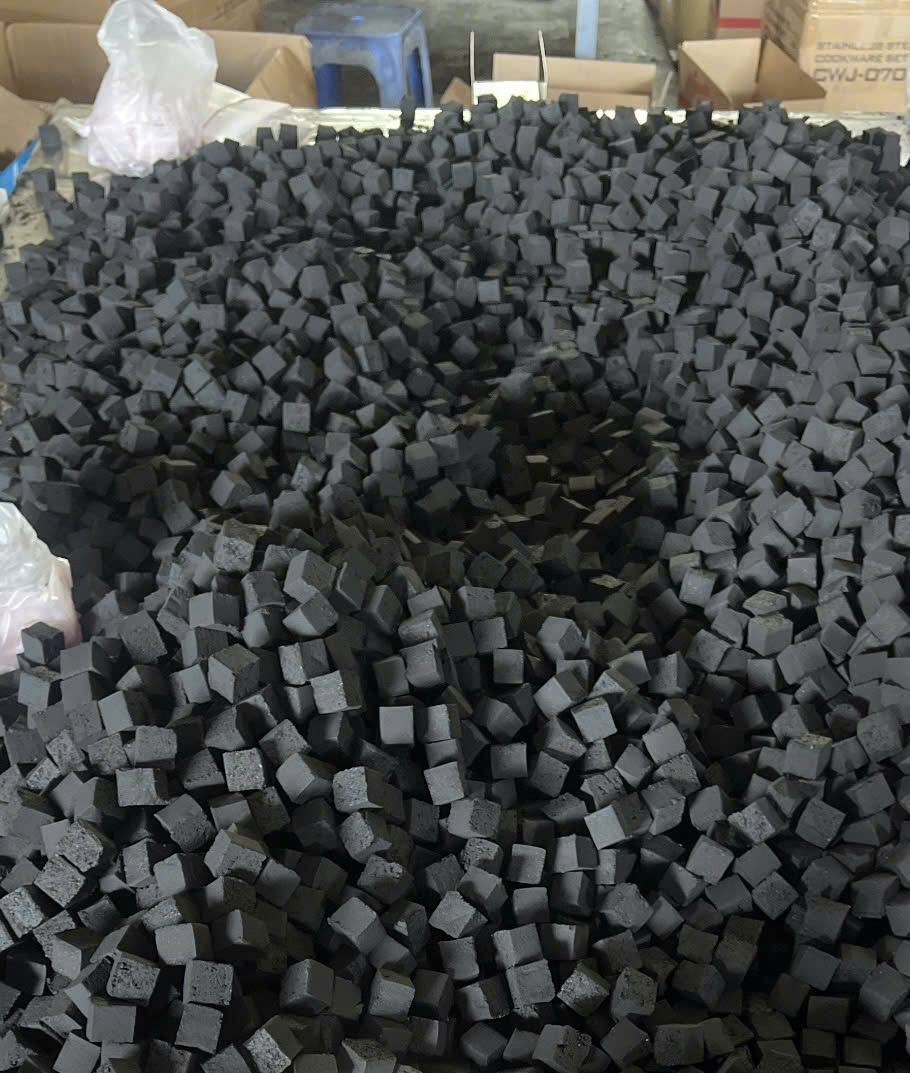 Coconut Shell Shisha Charcoal Production: Process & Quality Standards
Coconut Shell Shisha Charcoal Production: Process & Quality Standards
Discover the high-quality production process of eco-friendly coconut shell shisha charcoal. Learn key standards for long-lasting, low-ash, odorless hookah coals.
Chia sẻ:


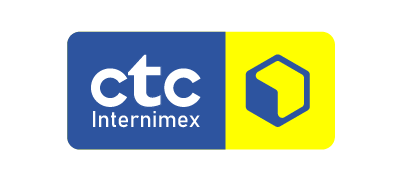

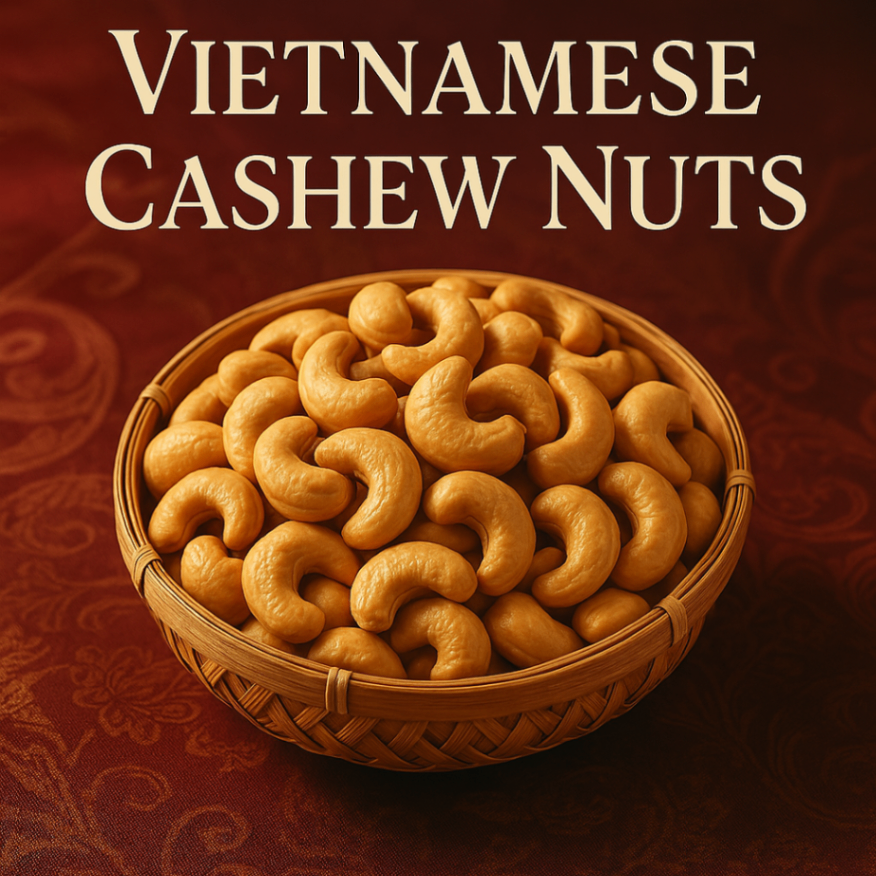

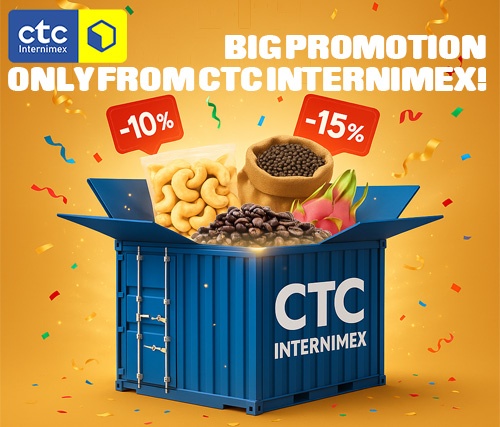
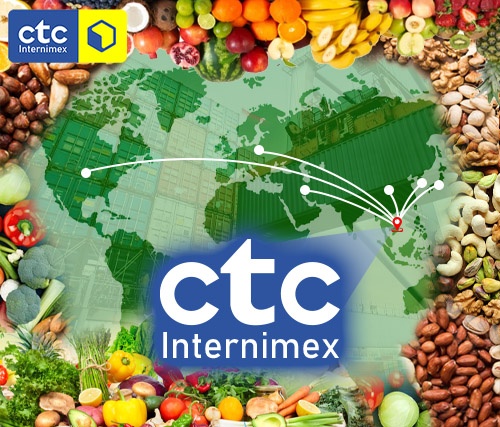
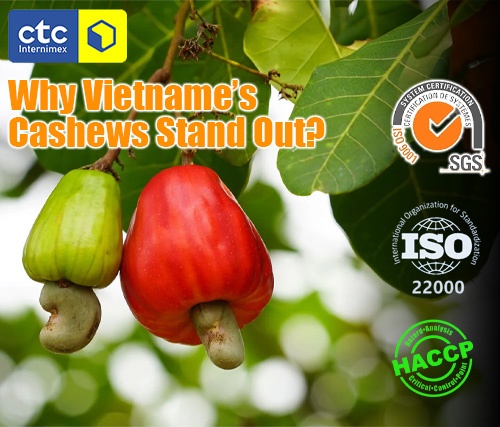




Comment